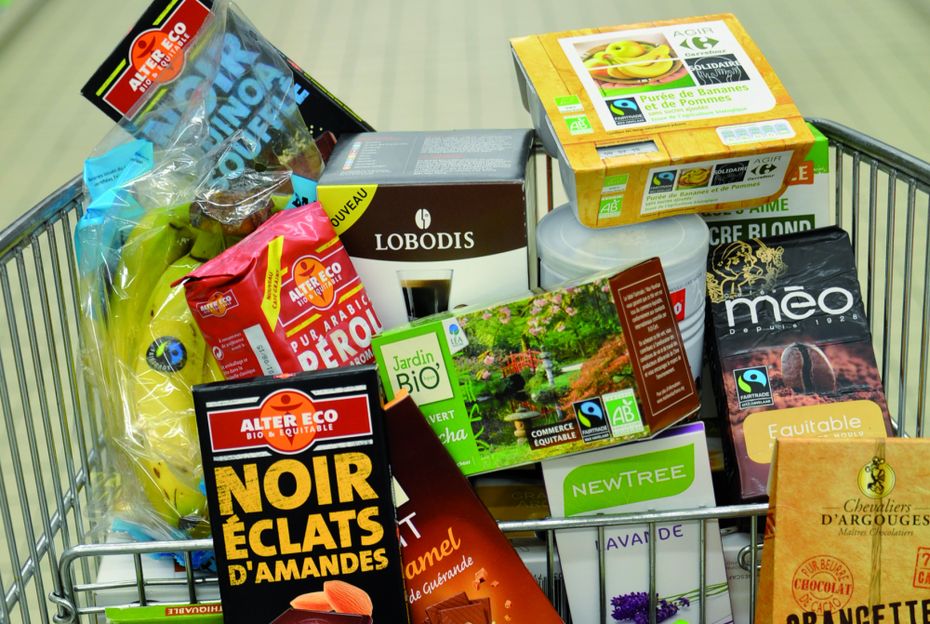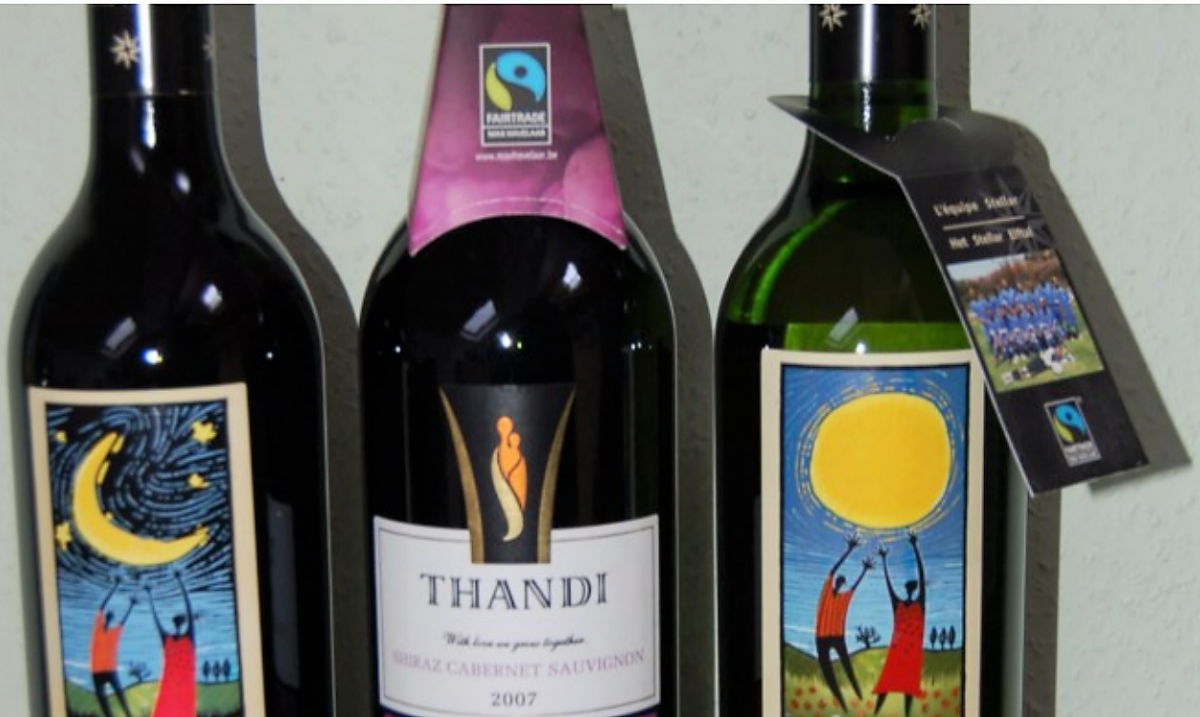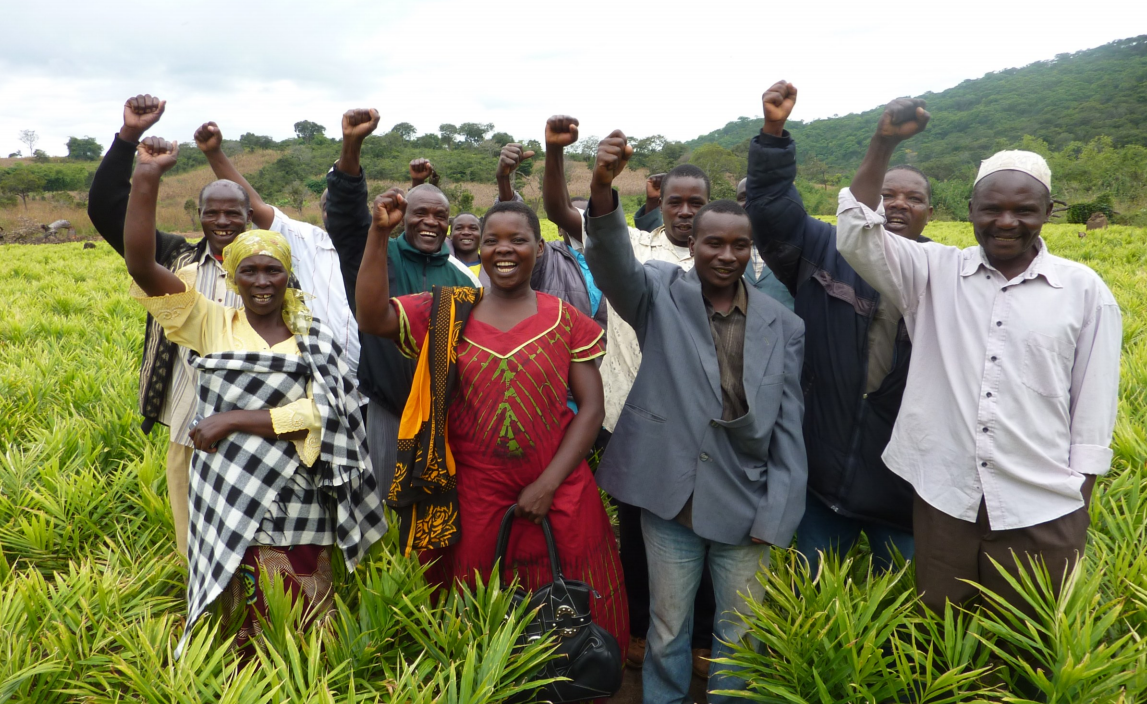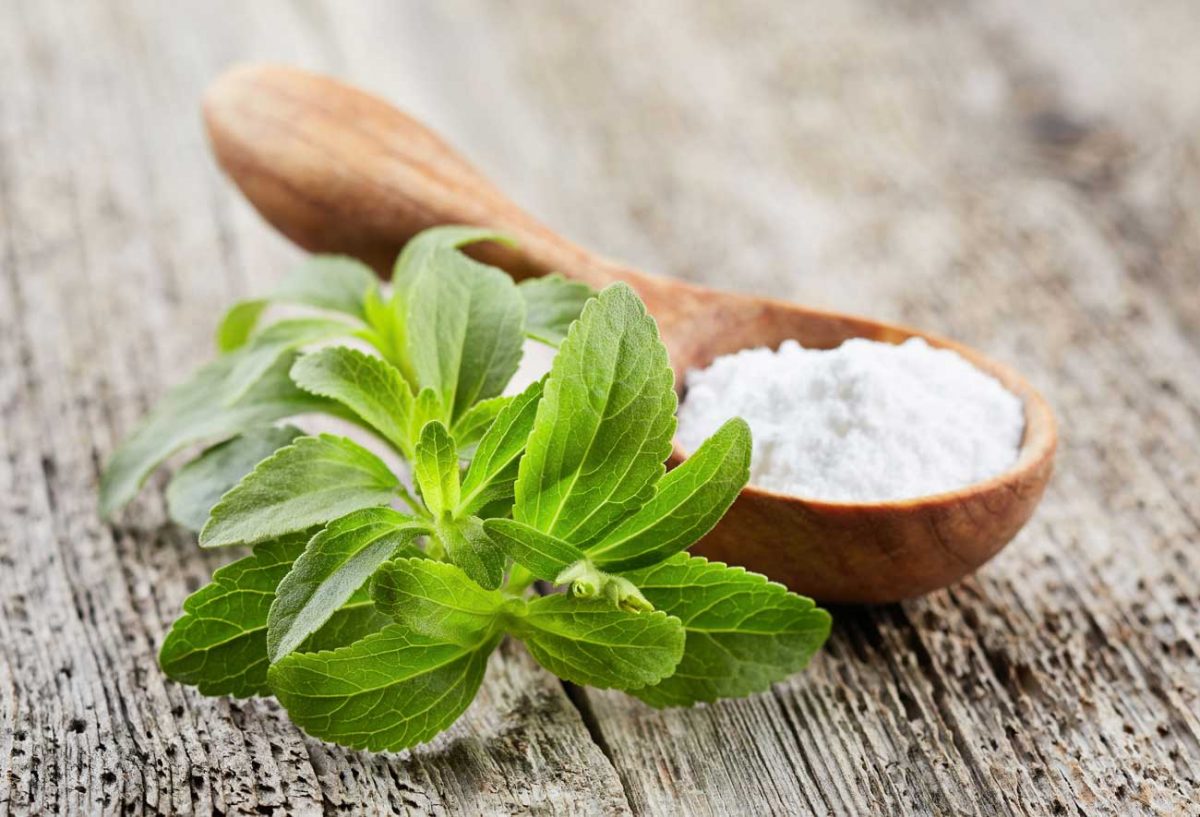There is a lot of potential for high quality and uniquely designed fashion accessories and artifacts in both Kenya and Tanzania. With the rise in demand for these products among the locals due to the growth of the middle class, special emphasis needs to be put to target this group.











